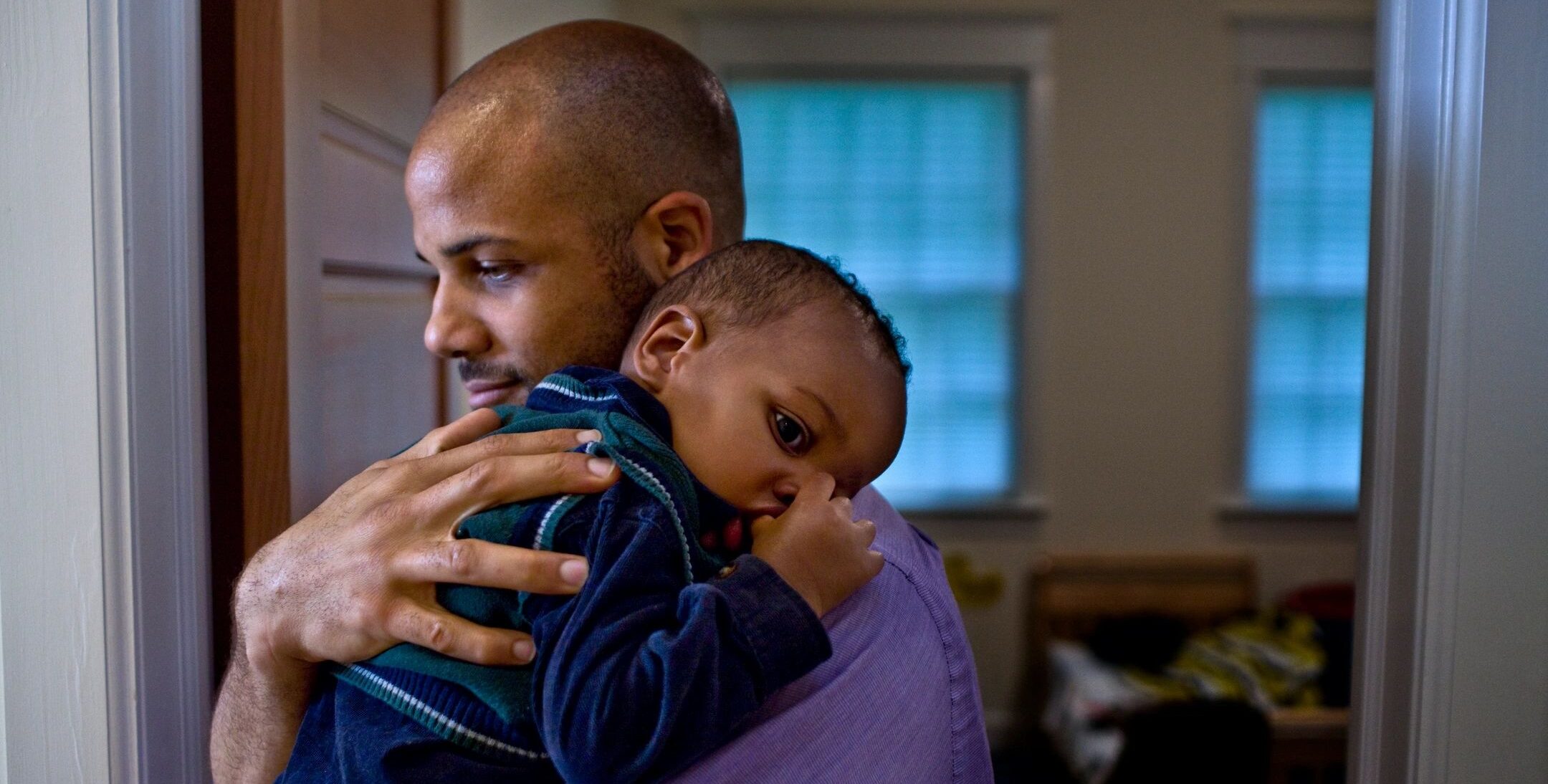Parenting is a journey filled with love, joy, and, let’s be honest, its fair share of challenges. Parents want what’s best for their children, and one crucial aspect of that is fostering their sense of autonomy. But what exactly is autonomy, and why is it so important in parenting?
Self-Determination theory (SDT), a framework that sheds light on human motivation and flourishing. Developed in 1985 by psychologists Edward Deci and Richard Ryan, SDT posits that humans have three basic psychological needs: autonomy, competence, and relatedness. Today, we’ll focus on autonomy and how promoting it can be a game-changer in parenting, especially for young children.
As Marina A. L. Oshana once wrote in her book Personal Autonomy and Society; autonomy, simply put, is the innate desire to be in control of our own lives, to make choices that align with our values and interests. In the context of parenting, fostering autonomy means allowing children the freedom to explore, make decisions, and express themselves within their own boundaries.
So, why is promoting autonomy important in parenting? Well, let’s break it down:
-
Encourages Self-Discovery: Allowing children to make choices, even small ones like what to wear or which book to read, empowers them to learn about themselves-what they like, what they’re good at, and what brings them joy.
-
Build Confidence and Resilience: When children have the opportunity to make decisions and see the consequences-both positive and negative-they develop confidence in their abilities and resilience to navigate life’s changes. Resilience, as defined by Masten, Best, and Garmezy (1990), is the ability to adapt and thrive despite facing difficult or threatening situations.
-
Fosters Healthy Relationships: Autonomy isn’t about independence at the expense of relationships; rather, it’s about developing the skills to communicate and collaborate effectively. By respecting their autonomy, parents lay the foundation for trust and mutual respect in the parent-child relationship.
Curious about how you can encourage autonomy in your parenting approach? Here are some practical tips drawn from the extensive research of Deci & Ryan (2013).
-
Offer Choices: Instead of dictating every aspect of your child’s life, offer them choices whenever possible. For example, “Would you like apples or oranges for snack?” or “Do you want to wear the blue shirt or the red one today?”
-
Encourage Problem-Solving: When your child faces a challenge or conflict, resist the urge to swoop in and solve it for them. Instead, ask open-ended questions to help them brainstorm solutions and empower them to take action.
-
Create a Safe Environment: Autonomy flourishes in an environment where children feel safe to express themselves without fear of judgment or punishment. Be a supportive presence, offering guidance and encouragement as they explore and learn.
-
Celebrate Effort, Not Just Results: Focus on praising your child’s effort and perseverance rather than solely on their achievement. This reinforces the idea that it’s okay to take risks and make mistakes along the way to success.
-
Lead by Example: Children learn best by observing the behavior of those around them, so be mindful of how you demonstrate autonomy in your own life. Show them that it’s okay to set boundaries, make choices, and pursue passions that bring fulfillment.
Promoting autonomy in parenting isn’t about relinquishing control or abandoning responsibilities. It’s about empowering our children to become confident, resilient individuals who can navigate life’s twists and turns with grace and determination. By embracing the principles of self-determination theory and nurturing autonomy in your parenting approach, you can set your children up for success and happiness in the journey ahead.













